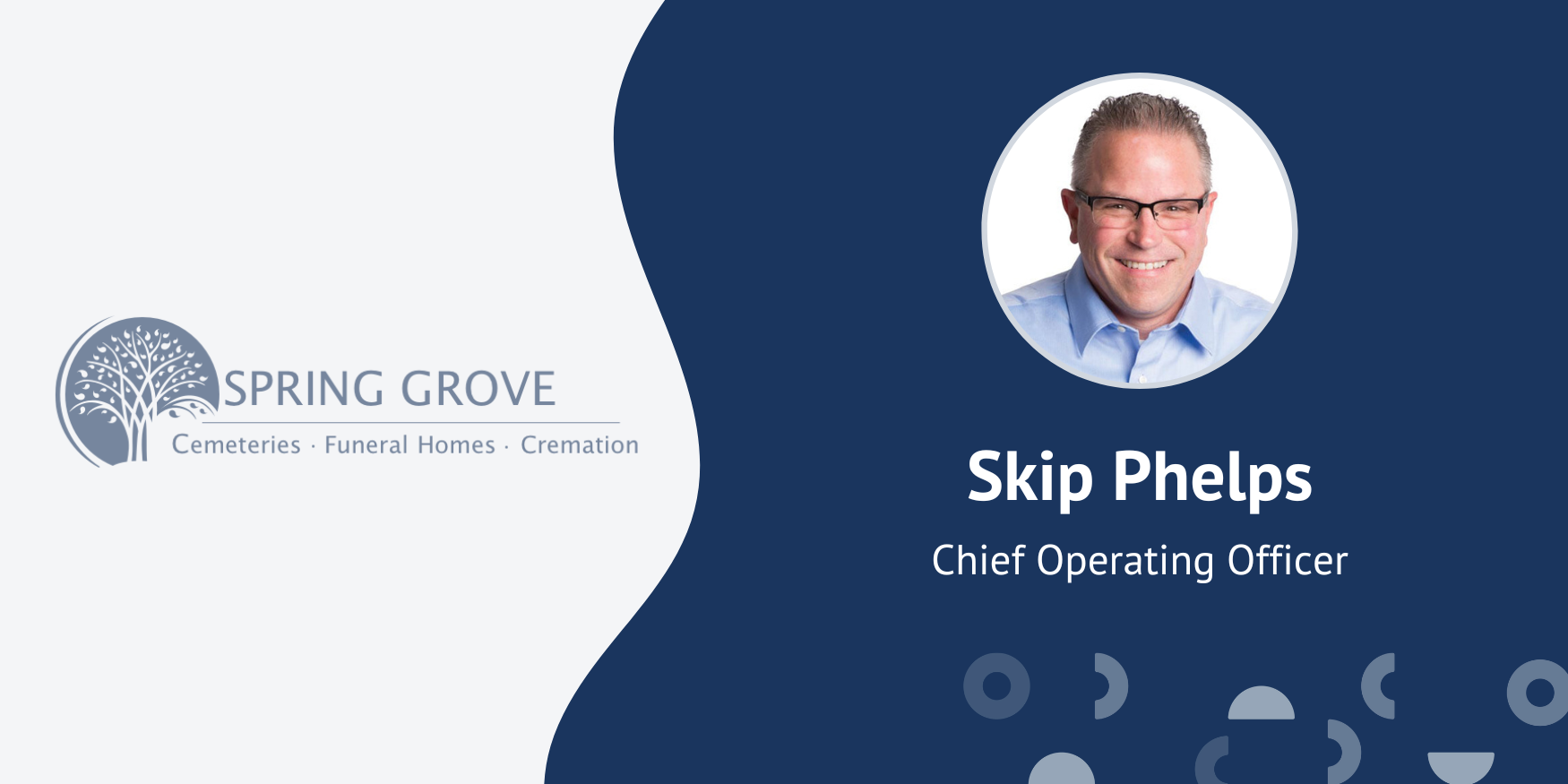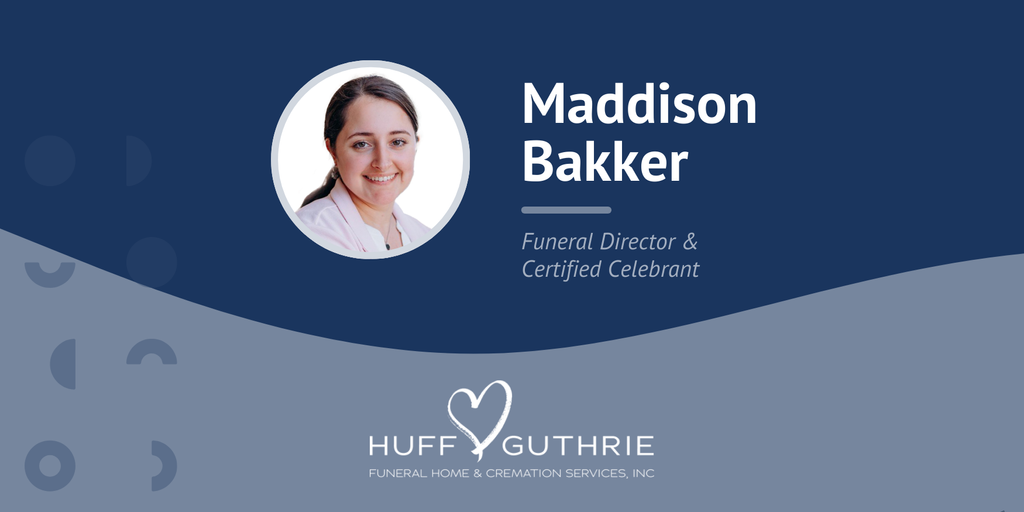Spotlight: Pittsburgh Institute of Mortuary Science
August 18, 2020
/Custom-Proof-FB-7-28-2020-7-28-2020.jpg?width=1200&name=Custom-Proof-FB-7-28-2020-7-28-2020.jpg)
Nick Ricci, Funeral Service Educator, adopted Passare into his curriculum. He is impressed by, what he calls, “the best software program out there.”
Pittsburgh Institute of Mortuary Science
Location: Pittsburgh, PA
Average Graduating Class Size: 70-90 Students per Year
For more information, contact Nick Ricci at nricci@pims.edu.
Nick Ricci, Funeral Service Educator, noticed that the American Board of Funeral Service Education (ABFSE) wanted instructors to teach the importance of technology in the profession. Wanting his students to know about different types of funeral software, Nick adopted Passare into his curriculum. One year later, Nick is still impressed by, what he calls, “the best software program out there.”
To start off, why don’t you tell us a little bit about your mortuary science program.
The Pittsburgh Institute of Mortuary Science (PIMS) is one of the oldest private schools that is not associated with a public college or institution. We serve students that are looking for a profession in funeral service, and most are from the Northeast region of the United States. Nearly all our faculty members are licensed funeral directors with many years of experience. We have approximately a hundred campus-based students at a time and have probably an equal amount in our online program. At PIMS, we offer all traditional ABFSE courses that are required for licensure in all states, and we are one of the accredited mortuary schools in the country.
What made you decide to add Passare to your curriculum?
One of my goals was to introduce my students to different funeral software programs, including accounting software, electronic death registration, and case management software. I wanted them to have hands-on experience with a program while they were here as a student, so they had some exposure to funeral software by the time they entered the field.
I chose Passare specifically because I sat through a demo of the platform, and I really, really liked the software and how it was all set up through the cloud. When I got a more in-depth demo, I started playing around with the software and thinking about how to incorporate the platform in the class. I think Passare is the best software program out there.
How are your students using Passare in the classroom?
I integrated Passare as part of a project in my small business management course that I teach. The platform got such good reviews, so I bumped it to our communication skills course because that course is offered before the small business management course. My former small business management course students said, “This was so helpful; we just wish we were exposed to it sooner.” So, I present Passare to them in their second term here. Students gain early experience using the program, and we hope that they transition to using Passare in their practicum requirement, a job-shadowing aspect that all mortuary schools must incorporate.
We mostly use Passare in tandem with another exercise that we do at the school. Every year, we do something called “Mock Removal Day,” a project that involves a 250-pound fire rescue mannequin that we place in different scenarios around the building. The students have to come in and do a mock transfer of the deceased. They have to take the death call, move their cot and equipment onto whatever floor the mannequin is on, and then perform the transfer. Although we’re working on integrating Passare a little bit more, the major use has been its role in the project that’s paired with the mock transfer and death call exercise that we do.
How have students reacted to using Passare?
They’ve all said that it’s user-friendly, and they all like the program. Many students have a lot of experience with different software programs, but they have raved about how Passare is easy to operate and straightforward.
Due to it being straightforward, we’re hoping to develop a capstone project here that will use Passare. Each term, my goal would be to add a different component to the project, such as running off an invoice, inputting casket prices, etc. That way, students can complete a full arrangement process from start to finish and incorporate technology to do it.
Has Passare helped you become a better educator? If so, how?
Yes, and I think Passare has improved the courses that we offer. One of the things that we instructors try to emphasize here at PIMS is that we don’t simply teach to an exam, which is the National Board Exam. We go over all the material that students are required to know, and we’re confident in their knowledge in preparation for that exam, but we want their experience at PIMS to be something more than that. And the Passare project takes that to the next level because students are getting hands-on training and a real-life experience of what they can expect as an intern or funeral director. I am proud that we, like other programs, are taking time to integrate hands-on, real-life experiences in the curriculum. It makes the collective future of our profession better. We feel that it is one of the biggest strengths of our program.
What do you think about the platform as a whole?
I really like the platform because Passare can do as much as you want it to or as little as you need it to, and I think the software is geared for a firm of any size. A few colleagues who work at very large firms use Passare, and it’s amazing when they take advantage of all the things the platform can do. I think the user interface is very, very good, and I have enjoyed the experience of using the software with my students. I also think the team at Passare markets themselves well at conventions and with funeral outreach. It seems like Passare tries to maintain their relationships with different firms, no matter the size.
Want to use Passare in your mortuary school? Email us at education@passare.com!








.png)